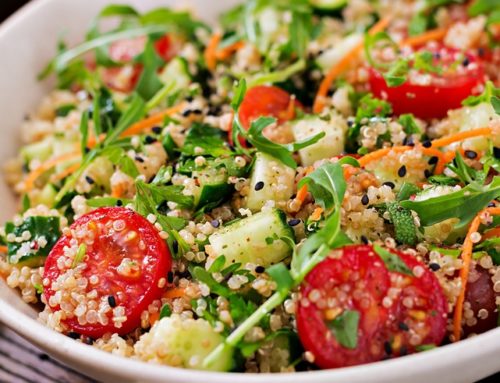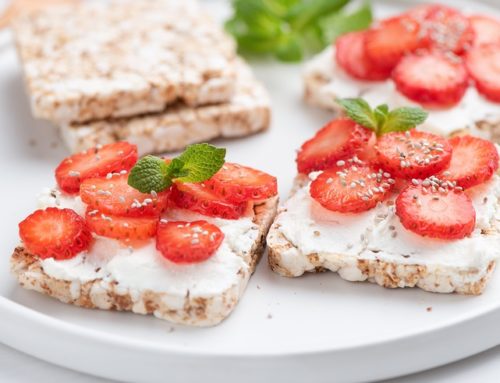The popularity of high protein diets for weight loss has increased significantly in the past decade or so. And plenty of research has indicated that they may indeed be helpful for shedding pounds. What has remained unclear, is the way they help us lose weight. While consuming high quality protein foods at meals and snacks makes us feel fuller, the scientific community has yet to explain exactly how eating an egg turns off our hunger better than eating toast.
This month, the Society for Endocrinology has released research that sheds some light on this question. In the human body, hormones play key roles in regulating how hungry, or full we feel. The hormone Ghrelin is released primarily in the stomach, and is thought to “turn on” our appetite. But we have hormones that reduce our appetite as well, one of these being the hormone GLP-1. In this study, researchers gave lab mice doses of a compound called Phenylalanine, which is produced in the gut during protein digestion. They found that even a single dose of Phenylalanine was enough to stimulate the release of GLP-1, reduce levels of Ghrelin, and reduce food intake in the mice. With repeated exposure over the course of seven days, the obese mice lost weight. They were also observed to be more active, which may contribute to weight loss as well. This suggests that eating a diet focused on protein can be a helpful tool for those of us trying to lose weight.
While additional research is needed to assess if these finding can be replicated in humans, it remains clear that diets focused on high quality proteins are helpful for weight loss. You can find more information about dietary protein, and where to find good food sources in our video library on the portal. Your Nutrition Specialist can also provide a meal plan focused on high quality protein foods that is appropriate for your unique needs and preferences.
Source:
Society for Endocrinology. “How high-protein diets cause weight loss.” ScienceDaily. ScienceDaily, 7 November 2016. www.sciencedaily.com/releases/2016/11/161107191135.htm





